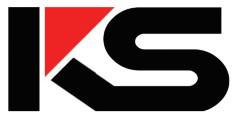How to Evaluate a Stone Supplier: 7 Key Questions
Choosing the right partner is the most critical step to find stone supplier success, especially for a bulk stone order. How to choose a stone supplier? Asking the right questions is key. This guide provides a framework to help you evaluate a stone supplier thoroughly. Use these seven key questions to ensure you select a truly reliable supplier. Learn how Kangsheng Stone measures up.
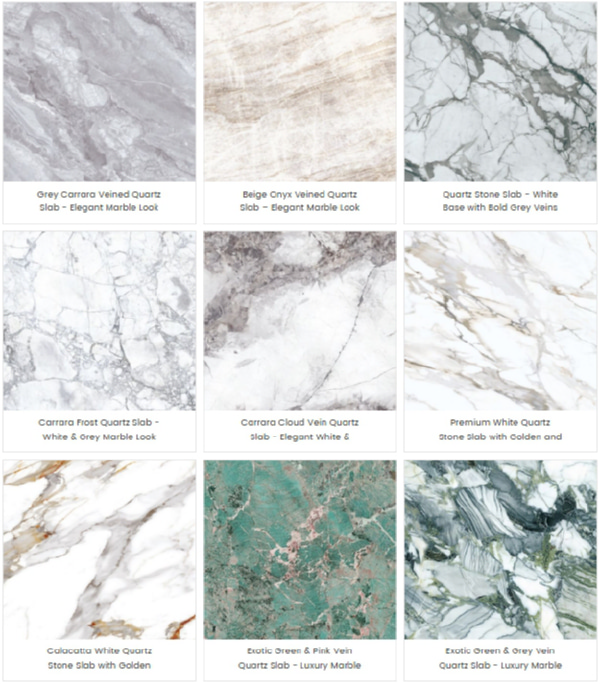
Question 1: What is Your Production Capacity and Lead Time?
What makes a good stone supplier? First and foremost, they must be able to meet your demand. Before anything else, you need to verify their production capabilities.
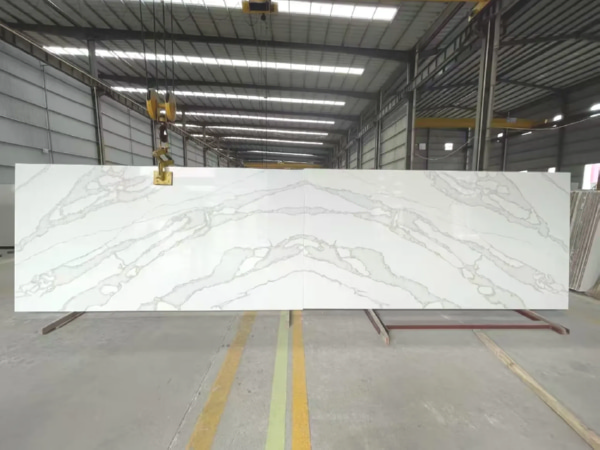
Understanding Monthly Output
Ask for their monthly production capacity in square meters. This figure tells you if they can handle a bulk stone order without compromising their other clients. A manufacturer with significant capacity can better manage large projects.
Confirming Lead Times for Standard and Custom Orders
Inquire about their standard lead times from order confirmation to shipping. Also, ask how custom fabrication might affect this timeline. A transparent supplier will provide clear and realistic timelines.
Scalability for Future Orders
Discuss their ability to scale production. If your needs grow, can they grow with you? A long-term partnership requires a supplier who can support your future business.
Question 2: Can You Detail Your Quality Control Process?
What are the criteria for a reliable supplier? A rigorous quality control process is non-negotiable. This is where a supplier's true commitment to excellence is revealed.
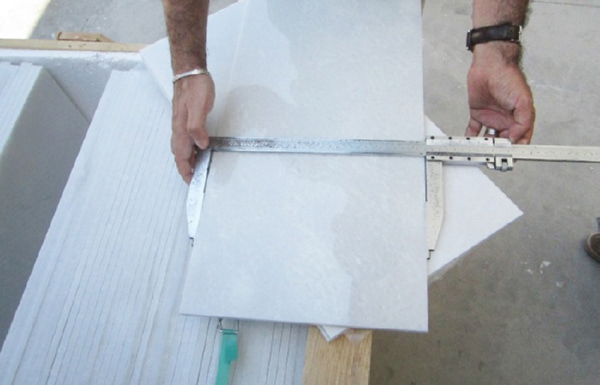
From Raw Material Inspection to Final Product
A top-tier manufacturer will have quality checks at every stage. This includes inspecting raw materials, in-process monitoring, and a comprehensive final inspection. Ask for details on each of these stages.
In-Process Monitoring and Checkpoints
Inquire about their in-process checkpoints. How do they monitor slab density, color, and thickness during production? This shows a proactive approach to quality.
Quality Certifications and Standards
Ask if they adhere to any international quality standards. Certifications can provide an extra layer of assurance. It demonstrates a commitment to recognized benchmarks of quality.
Question 3: What is Your Experience with Projects of Our Scale and in Our Market?
Relevant experience is a crucial factor. A supplier might be great, but not the right fit for your specific needs.
Requesting a Portfolio of Similar Projects
Ask to see a portfolio of projects similar in scale to yours. This is the best way to evaluate manufacturer capabilities in a real-world context.
Verifying Export Experience to Your Region
If you are an international buyer, verify their experience in exporting to your country or region. They should be familiar with your market's standards and logistical challenges.
Understanding of Local Market Trends
A proactive stone supplier will have some understanding of your local market trends. This shows they are invested in being more than just a producer; they are a partner.
Question 4: How Do You Ensure Consistency Across a Large Bulk Stone Order?
Consistency is a major challenge in stone production. This is a critical question for any large order.
Batch Control and Color Matching Processes
Ask about their batch control systems. How do they ensure color and pattern consistency from the first slab to the last? A good manufacturer will have a clear process for this.
Use of Master Samples for Approval
Confirm that they work from an approved master sample. This sample should be the quality standard for the entire order. It serves as your reference point.
Managing Phased Deliveries
For large, phased projects, consistency is even more critical. Discuss how they manage color lots over several months. A reliable supplier can guarantee matching materials for each phase.
Question 5: What Are Your Custom Fabrication Capabilities?
The ability to provide custom fabrication separates a basic supplier from a versatile partner.
Range of Edge Profiles and Finishes
Inquire about their range of standard edge profiles and finishes. A wide selection indicates a high level of skill and machinery.
CNC Machining for Complex Designs
Ask if they use CNC machinery. This technology is essential for complex cuts and intricate designs. It is a hallmark of a modern, capable stone factory.
Cut-to-Size Services
Does the supplier offer cut-to-size services? This value-added service can save you significant time and money on-site. Our custom fabrication services are a key part of our offering.
Question 6: How Do You Handle Logistics and Packaging for International Shipping?
A great product is useless if it arrives damaged. Logistics and packaging are critical.
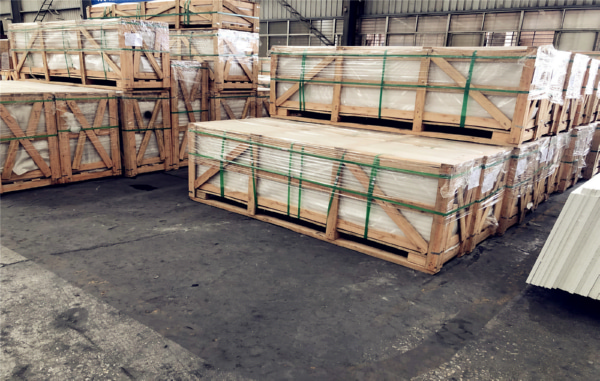
Export-Grade Crating and Protection
Ask for photos or specifications of their packaging. They should use sturdy, export-grade wooden crates with proper internal protection.
Relationships with Freight Forwarders
An experienced exporter will have established relationships with reliable freight forwarders. This can lead to smoother shipping and better rates.
Experience with Customs Documentation
Ensure the supplier is experienced with the customs documentation required for your country. Errors here can cause major delays.
Question 7: Can You Provide References or Case Studies?
Finally, ask for proof. The willingness of a supplier to share references is a strong sign of confidence.
Requesting Contactable Client References
Ask for references from clients in your region or industry. Speaking to a past client is one of the best ways to evaluate a stone supplier.
Reviewing Detailed Project Case Studies
Request detailed case studies of past projects. These can showcase their problem-solving skills and project management abilities.
Checking Online Reviews and Industry Reputation
Do your own research. Check for online reviews and ask about their reputation within the industry. A truly reliable supplier will have a positive track record.
A Checklist to Help You Find the Right Manufacturing Partner
To find stone supplier success, you need a systematic approach. This checklist of questions to ask provides a solid framework. By using it to evaluate manufacturer candidates, you can move beyond promises. You can find a true manufacturing partnership built on trust, quality, and reliability.
Ready to evaluate a stone supplier that welcomes these questions? We invite you to ask us these seven questions. Contact our team today for transparent answers and a detailed consultation.
Frequently Asked Questions on How to Find a Stone Supplier
Should I choose a manufacturer or a trading company?
For a bulk stone order, choosing a direct manufacturer like us is often better. It typically offers better pricing, more control over quality, and direct communication. Trading companies can be good for sourcing a wide variety of products from different factories.
Is visiting the factory necessary before placing a bulk order?
While not always possible, visiting the factory is highly recommended. It is the best way to verify their capacity and quality processes. If a visit is not feasible, request a detailed virtual tour.
What are red flags to watch out for when choosing a supplier?
Red flags include an unwillingness to provide samples, vague answers about quality control, a lack of project history, and pressure for full payment upfront. A reliable supplier will be transparent and professional.
How important are payment terms in the evaluation process?
Payment terms are very important. They reflect a supplier's financial stability and trust in the partnership. Standard terms (e.g., 30% deposit, 70% balance) are a good sign. Unusually demanding terms can be a red flag.
 How to Evaluate a Stone Supplier: 7 Key Questions
How to Evaluate a Stone Supplier: 7 Key Questions
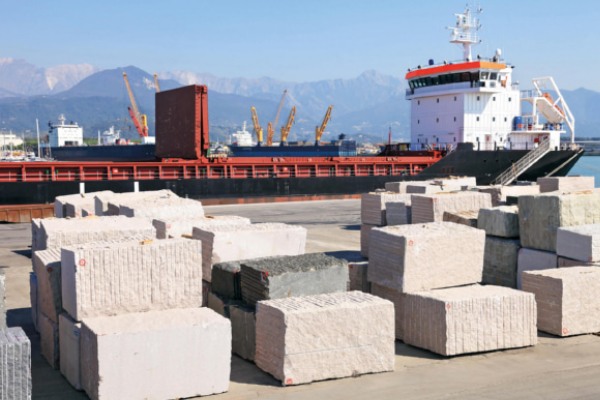 Checklist for Importing Stone Slabs from China
Checklist for Importing Stone Slabs from China
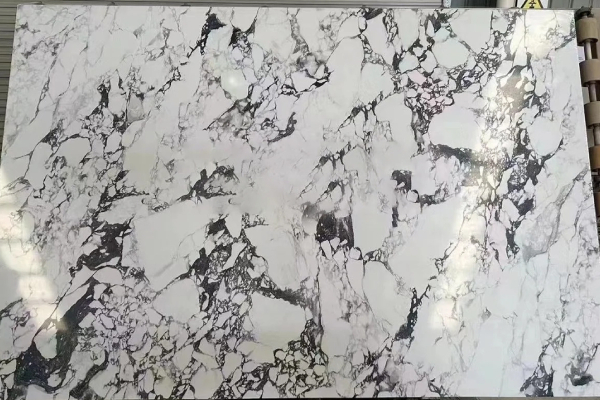 Our Stone Quality Control: A Commitment to Excellence
Our Stone Quality Control: A Commitment to Excellence
 Decoding Stone Finishes: Polished vs. Honed vs. Matte
Decoding Stone Finishes: Polished vs. Honed vs. Matte
 Beyond the Countertop: Innovative Stone Slab Uses
Beyond the Countertop: Innovative Stone Slab Uses
 Optimize Your Project with Cut-to-Size Stone Slabs
Optimize Your Project with Cut-to-Size Stone Slabs
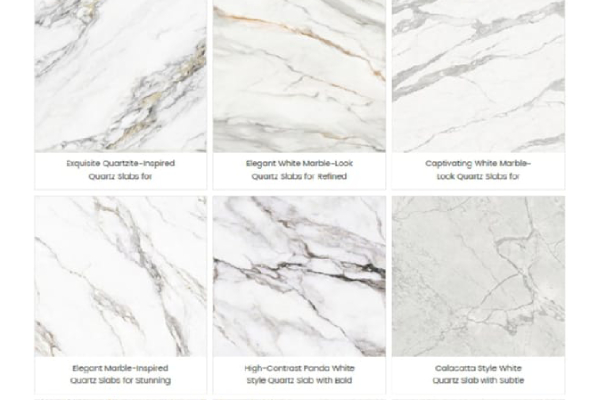 Inside Kangsheng: Our Advanced Stone Fabrication Process
Inside Kangsheng: Our Advanced Stone Fabrication Process
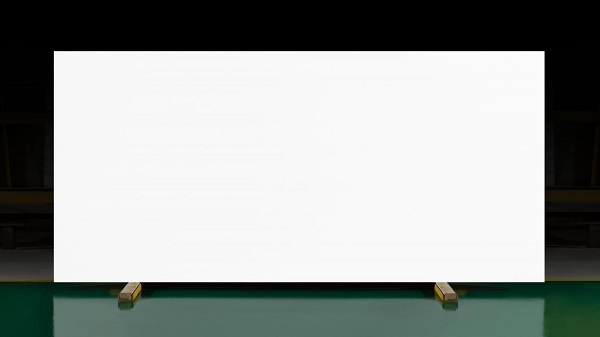 What is Nano Crystallized Glass Stone? A Deep Dive
What is Nano Crystallized Glass Stone? A Deep Dive
 Get the Marble Look Without the Maintenance
Get the Marble Look Without the Maintenance
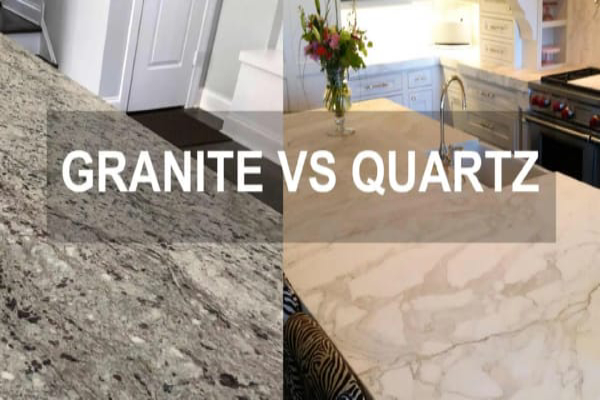 Quartz vs. Granite: A Comparison for Developers
Quartz vs. Granite: A Comparison for Developers
